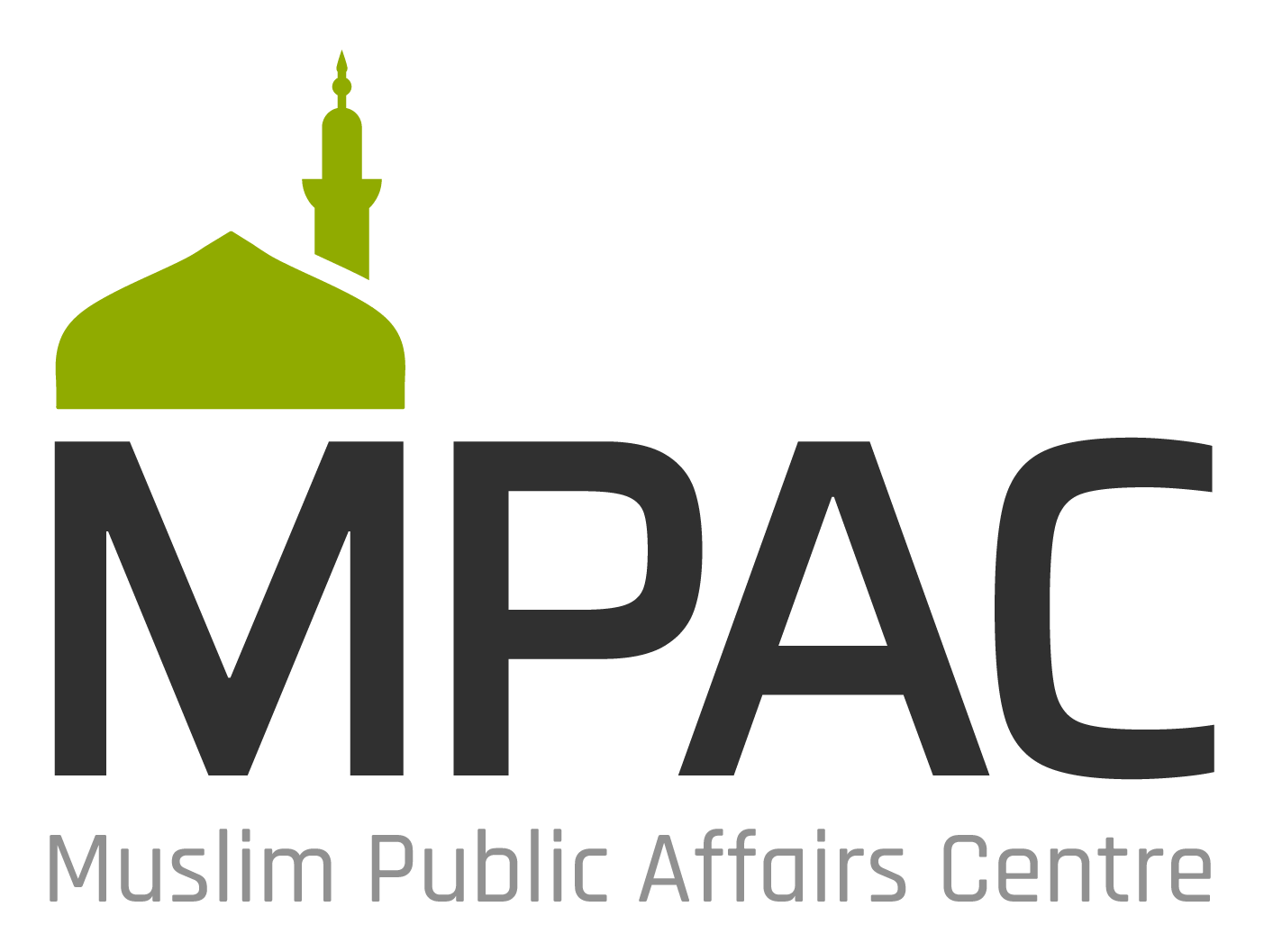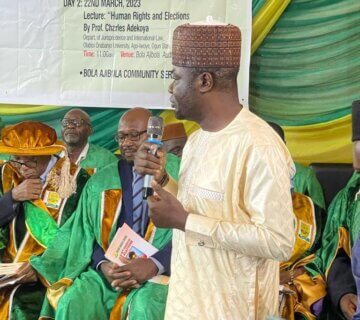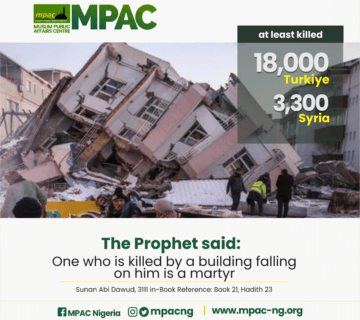November 2, 1917
Balfour Declaration 1917: British Foreign Secretary Arthur Balfour declares his government would “View with favour the establishment of a national home for the Jewish people in Palestine.”
May 7, 1936 — March 1939
The Arab leadership declares a general strike which eventually deteriorates into a violent uprising, known as the ‘Arab Revolt’, that lasts for three years. A Jewish terrorist group called, Irgun,adopts a policy of retaliation and revenge. 5000 Arabs and 400 Jews were killed.
July 22, 1946
King David Hotel Bombing: Irgun terrorists detonate bombs in the basement of the King David Hotel in Jerusalem. The attack kills 91 people and injures 45 more, mostly civilians.
November 29, 1947
The UN General Assembly passes a Partition Plan dividing the British Mandate of Palestine into two states.
April 9, 1948
Deir Yassin massacre: Israeli terrorists attack Deir Yassin and kills between 100 and 254 Palestinians, including women and children.
May 14, 1948
Israel declares ‘Independence’.
May 15, 1948
1948 Arab-Israeli War: Lebanon, Syria, Iraq, Egypt, Transjordan and local Arabs attack the new Israeli state with the intent of regaining Arab land. Israel claimed victory as it defeated the Arab armies. The number of war casualties is estimated 178,500 on both sides.
February–July 1949
The Nakba: Approximately 711,000 to 725,000 Palestinian Arabs left, fled or were expelled from their homes by Israel.
October 1956 – March 1957
Sinai War: Israel invades Egypt’s Sinai Peninsula with covert agreement from France and Britain, otherwise known as the Suez Crisis. Gamal Abdel Nasser’s Egypt is victorious in the Sinai War. Israel withdraws its forces from the Sinai Peninsula. The number of war casualties is estimated 3177 on both sides.
February 3, 1964
The Palestine Liberation Organization (PLO) is founded in Cairo by the Arab League.
June 1967
The Six-Day War: Israel launches an pre-emptive attack on the Egyptian Air Force. The attack quickly turns into a regional war, in which Israel defeats the combined forces of Egypt, Syria, Jordan and Iraq in six days. It captures Sinai Peninsula and Gaza Strip from Egypt, East Jerusalem and the West Bank from Jordan, and the Golan Heights from Syria. The number of war casualties is estimated between 15,000 to 25,000 on both sides.
1968-1970
War of Attrition: Gamal Abdel Nasser launches a military offensive against Israel to drive out the Israeli occupation of the Sinai, which belonged to Egypt. Hostilities continued until August 1970 and ended with a ceasefire, the frontiers remaining the same as when the war began. The number of war casualties is estimated between 5388 to 16,000 on both sides.
October 1973
The Yom Kippur War: Syria and Egypt surprise-attack Israeli forces in the Golan Heights and the Sinai Peninsula. Jordan, Iraq and other Arab nations join in and support the Arab war effort. Despite initial Arab success, Israel claimed tactical victory as the Arab forces couldn’t liberate their land. The number of war casualties is estimated between 10,521 to 21,300 on both sides.
October 1974
The Arab League recognizes the PLO as the sole representative of the Palestinians. On November 13, Yasser Arafat addresses the UN General Assembly.
March, 1978
Operation Litani: Israel, in alliance with the mostly Christian South Lebanon Army, launches a invasion of Lebanon. The 7-day offensive results in about 285,000 refugees created and between 300 and 1200 Lebanese and Palestinian militants and civilians killed.
September 17, 1978
Menachem Begin and Egyptian President Anwar Sadat sign the Camp David Accord, under the supervision of President Carter, Israel agrees to withdraw from the Sinai Peninsula in exchange for peace and a framework for future negotiation over the West Bank and Gaza Strip.
March 26, 1979
Israel-Egypt Peace Treaty. Egypt becomes the first Arab country to officially recognize Israel. Subsequently Egypt is kicked out of the Arab League.
September 1982
Sabra and Shatila massacre: Israel allowed Lebanese Phalangists to massacre between 700-3500 Palestinians in the refugee camps of Sabra and Shatila, almost all civilians. While no Israeli soldiers were present in the fighting, Israeli Defence Minister, Ariel Sharon, was found to be responsible by negligence for the massacre.
December 8, 1987
First Intifada begins: Violence, riots, general strikes and civil disobedience campaigns by Palestinians spread across the West Bank and Gaza Strip. Israeli forces respond with tear gas, plastic bullets and live ammunition.
After the outbreak of the First Intifada, Sheikh Ahmed Yassin creates Hamas from the Gaza wing of the Egyptian Muslim Brotherhood.
October 30, 1991
Madrid Conference: The first attempt by the international community to start a peace processthrough negotiations involving Israel and the Palestinians, as well as Arab countries including Syria, Lebanon and Jordan.
August 20, 1993
Oslo Accords: Yasser Arafat and Yitzhak Rabin sign the Declaration of Principles of the Interim Self-Government. The first direct, face-to-face agreement between the Israelis and the Palestinians(represented by PLO). The PLO recognised the right of Israel to exist. In return Israel allowed for the creation of a Palestinian National Authority, it would have responsibility for the administration of the territory under its control.
By 1993, the violence of the First Intifada had claimed the lives of 1162 Palestinians and 160 Israelis.
July, 1994
President Yasser Arafat returns from exile to the occupied Palestinian territories to a hero’s welcome to lead the new Palestinian National Authority.
October 26, 1994
Israel-Jordan Peace Treaty: The treaty normalized relations between the two countries and resolved territorial disputes.
December 10, 1994
Yitzhak Rabin, Shimon Peres and Yasser Arafat are awarded the Nobel Peace Prize.
November 4, 1995
Prime Minister Yitzhak Rabin is assassinated in Tel Aviv by a Jewish extremist opposed to the Peace Process.
May 24, 2000
The Israeli Army withdraws from southern*Lebanon after an 18 years of occupation, in compliance with*U.N. Resolution 425 . Syria and Lebanon insist that the withdrawal is incomplete, claiming the*Shebaa Farms*as Lebanese and still under occupation. Hezbollah claim their actions resulted in the Israeli withdrawal.
July 2000
The Camp David Summit: Israeli Prime Minister Ehud Barak and Palestinian Authority Chairman Yasser Arafat, began talks aimed at reaching a “final status” agreement. The negotiations failed as the US and Israel offered a deal without sovereignty over Masjid al Aqsa and a non-contiguous Palestinian state.
September 28, 2000
Opposition leader, Ariel Sharon,surrounded by hundreds of Israeli riot police, marches up to the Masjid al Aqsa to spark a provocation. World leaders condemned the visit. The day after the visit, violent confrontations erupt between Muslims and Israeli Police. This event is considered by many to be the catalyst of the second intifada.
January 21–27, 2001
Taba Summit: Peace talks between Israel and the Palestinian Authority aimed to reach the “final status” of negotiations and came closer to reaching a final settlement than any previous or subsequent peace talks. The talks were discontinued on January 27, 2001 as a result of the upcoming Israeli election.
February 6, 2001
Ariel Sharon is elected Prime Minister and refuses to continue negotiations with Yasser Arafat and the Palestinian Authority.
March 28, 2002
The Arab League approves Crown Prince Abdullah’s Saudi peace proposal, called the Arab Peace Plan.
March 29, 2002
Israeli forces begin Operation Defensive Shield, Israel’s largest military operation in the West Bank since the 1967 six-day War. The operation is condemned by the international community.
March 31, 2002
1262 people have been killed on the Palestinian side and 401 on the Israeli side, since the start of second intifada so far.
June 2002
Israel begins construction of the of the illegal separation barrier in the West Bank.
March 16, 2003
Rachel Corrie, an American member of the ‘International Solidarity Movement’, is crushed by an IDF bulldozer, becoming the first ISM member to die in the conflict. Members of the group who witnessed her death allege murder, while Israel calls it a ”regrettable accident”.
April 30, 2003
The Road Map: The Quartet on the Middle East announces the road map for peace. It is the first plan accepted by all parties that calls explicitly for a Palestinian state. President Bush stated, “The Roadmap represents a starting point toward achieving the vision of two states, a secure State of Israel and a viable, peaceful, democratic Palestine.”
July 9, 2004
The International Court of Justice rules that the Israeli West Bank barrier is illegal under international law, the United Nations also condemns the construction of the wall as “an unlawful act of annexation”.
November 11, 2004
Palestinian President Yasser Arafat dies at the age of 75 in a hospital near Paris. The world mourns for the Palestinian leader and is given a hero funeral at his headquarters in Ramallah. Israel shamefully refuses to let Arafat be buried in his birth place of East Jerusalem.
September 12, 2005
Israel removes all Jewish settlements and military bases from the Gaza Strip. Although Israel retains control of the airspace, borders and ports.
January 25, 2006
Hamas wins the majority of seats in a landslide victory after the Palestinian legislative election, 2006. Israel, the United States and the European Union in response, cut off their aid to the Palestinians; as they view Hamas as a terrorist organization.
June 9, 2006
The Gaza beach massacre: Seven members of one family and one other Palestinian are killed on a beach in Gaza by Israeli shelling.
June 25, 2006
In response to the Gaza beach massacre, Palestinian fighters attack an Israeli army post. The fighters kidnap Gilad Shalit and kill two IDF soldiers. Israel launches Operation Summer Rains.
July 12, 2006
2006 Lebanon War: In response to Israeli air strikes on Gaza, Hezbollah launches a cross-border raid, kidnaps two soldiers and kills eight others.
Israel responds disproportionately with airstrikes on targets in Lebanon that damages Lebanese civilian infrastructure, an air and naval blockade and a ground invasion of southern Lebanon. Hezbollah defends the Lebanese people with counter attacks.
The conflict killed at least 1,200 Lebanese people, mostly civilians, severely damaged Lebanese civil infrastructure and displaced approximately one million Lebanese. Hezbollah claim victory at the end of the conflict.
Death Toll 2000-2006
The death toll both military and civilian since the start of the second intifada, 2000-2006, is estimated to be 4,046 Palestinians and 1,017 Israelis.
February 2007
Negotiations in Makkah produce an agreement on a Palestinian National Unity Government signed by Abbas on behalf of Fatah and Khaled Mashal on behalf of Hamas.
June 7, 2007
Battle for Gaza: Hamas forcibly takes control of the Gaza Strip and removes or imprisons all Fatah officials. Estimated that at least 118 people were killed and more than 550 wounded during the fighting.
June 15, 2007
Blockade of the Gaza Strip: A land, air and sea blockade on the Gaza Strip by Israel and Egypt, begins following the victory of Hamas in the battle for Gaza. The international community condemns the blockade as illegal.
November 27, 2007
Annapolis Conference: An American sponsored peace conference marked the first time a two-state solution was articulated as the mutually agreed-upon outline for addressing the conflict. The conference sparked a round of final status negotiations between President Abbas and Prime Minister Olmert.
February 28, 2008
Operation Hot Winter: A military operation is launched by the Israelis. The operation resulted in 112 Palestinians and three Israelis being killed.
Dec 2008 and Jan 2009
Operation Cast Lead: Israel begin a full scale invasion of the Gaza Strip and launch air strikes at civilian populated areas. Hamas retaliate by firing mortars and rockets into Israel. After 22 days of fighting, between 1166 and 1417 Palestinians are killed. President Abbas ends the Annapolis peace talks with Israel.
September 2010
President Obama launches direct negotiations between Israel and The Palestinian Authority in Washington. The talks fail, as Israel refuses to freeze their expansion of settlements in the Palestinian territories.
April 2011
Following the Arab revolutions in Egypt and Tunisia, Fatah and Hamas sign a reconciliation agreement ending the hostility between them since 2006.
September 2011
Palestine UN Bid: President Abbas launches a United Nations bid to receive official statehood from the UN security council on a Palestinian State, within the borders of pre-1967 war. The US promise to veto any such proposal, although it is the administrations official policy to have a Palestinian state on 1967 lines.
Read: Support Palestine






No comment